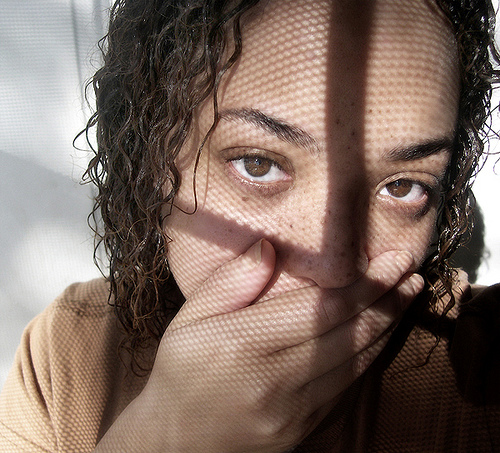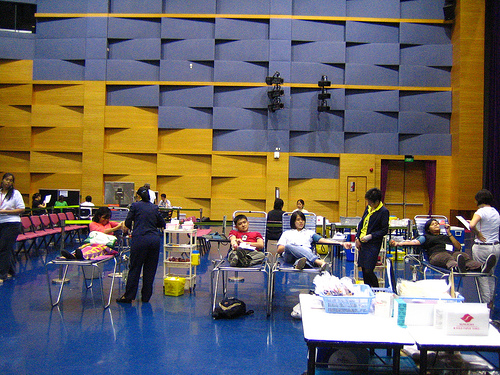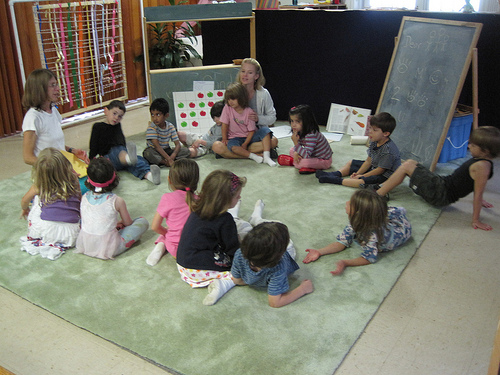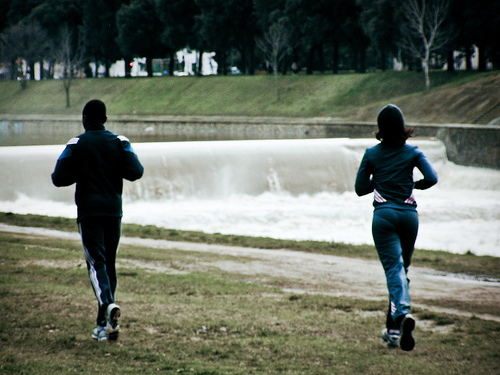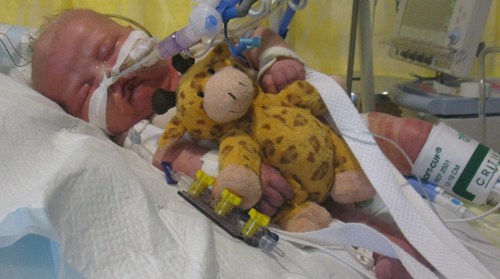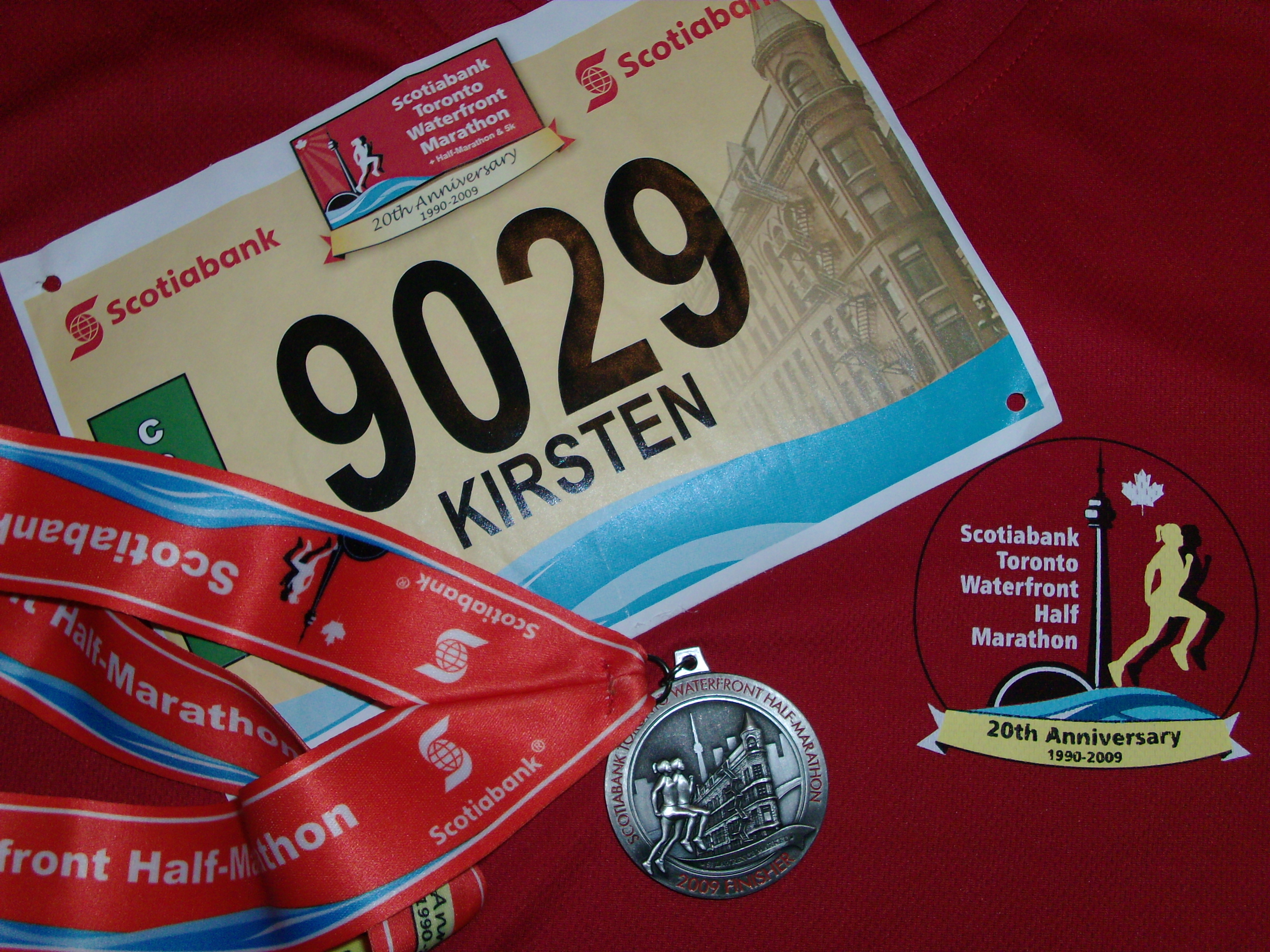Today is one of those days where I don’t really have a topic in mind, so I will steal an idea from a Facebook note I was tagged in, and tell you fifteen facts about myself.
- When I was in 5th Grade, my teacher hated me because I was left-handed, and she once kept me after school trying to force me to use scissors with my right hand.
- I am adopted. I was lucky enough to wind up with fantastic parents, and about 15 years ago I got in touch with both of my biological parents.
- Based on behaviours in George that I recognize in myself, my developmental history as a child, and some difficulties I experience to this day, I am pretty sure I am on the autism spectrum – an undiagnosed Aspie.
- 16 or 17 years ago, I accidentally disturbed a bees’ nest and got stung 67 times. I am now terrified of bees.
- I am allergic to mangoes, which is a pity because I actually like them very much.
- At the ripe old age of 41, I have finally realized that I would actually like to be a full-time writer.
- I have this weird recurring dream in which I am chased by a giant teapot. Seriously. You can’t make this shit up.
- Despite my constant whining about my commute, I kind of like my daily subway rides. It is the only time I get to sit down and read a book.
- I bitterly regret not flying to South Africa to see my Dad before he died six years ago.
- Every year at Roll-Up-The-Rim time, I drink way too much coffee. I always think that by the law of averages, if I buy enough coffees, sooner or later I will win the car. In ten years of trying, I’ve never won anything more ambitious than a donut, but I am an eternal optimist so I will keep trying.
- My first pregnancy ended in a loss early in the second trimester. I always think about that lost life, and how if that pregnancy had worked out, I would not have George today.
- I buy lottery tickets every week, because someone wins the jackpot – why shouldn’t it be me? A few weeks ago, I won $120.
- I hate olives and eggplant.
- There is only one brand of shoes that I will run in: New Balance. When I’ve tried other brands I’ve always regretted it.
- I think Barney the Dinosaur is the most annoying children’s TV show ever made, followed closely by Max and Ruby.






